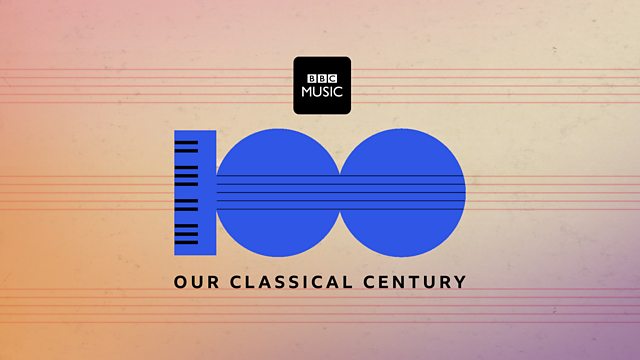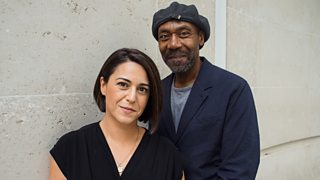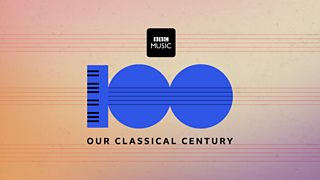
John Williams: Theme from Schindler's List
One of the most instantly recognisable and most-loved film scores of the 20th century.
Steven Spielberg鈥檚 epic Holocaust drama, Schindler鈥檚 List, premiered in Washington DC on 30 November 1993.
Stark, brutal, shot in stunning black-and-white and including gritty hand-held camera footage, Schindler鈥檚 List tells the true story of the German industrialist Oskar Schindler, who saved over a thousand Polish Jews from concentration camps by giving them work in his factories. Schindler鈥檚 List was a multi award-winning film in almost every category. Its music, by Spielberg鈥檚 life-long collaborator, John Williams, is one of the most instantly recognisable and most-loved film scores of the 20th century.
How do you write music about the Holocaust? Williams called Izhat Pearlman. "I hear a violin," he said. "Will you do it?"
The film's main theme is a beautiful, expressive and richly orchestrated work: a solo violin melody - initially held, tentatively, within the instrument's two central strings, A and D - which yearns to break free and tell a story.
But the reality of music made in the filthy and squalid camps of Nazi Germany is one of the darkest and bleakest episodes in recent history. Makeshift orchestras at Auschwitz-Birkenau and Terezin were forced to greet trains full of disorientated, terrified prisoners, many of whom were taken straight to the gas chambers. Mixing with the stench, the black smoke, the shouts of the SS, crying children, the beatings and the killings was the inexplicable sound of Schubert, Strauss, Beethoven, Verdi, Puccini and Brahms. They played as the prisoners marched to their grueling labour. They played at the infirmary as the death selection processes took place. They played to accompany the public hangings of prisoners who had attempted escape.
And they had to play for the pleasure of their captors. The men and women of the SS used classical music to cultivate an image of refinement, decency and civilisation for themselves, whilst simultaneously using it to destroy the humanity of the prisoners, depleting what might have been a last hope, a final resource for survival. The sense of utter despair in the writings of surviving musicians is palpable. Whilst some lived because they could play, suicide rates in the camps were amongst their highest in musicians.
Holocaust music was made against a backdrop of terror, hunger, illness and death. Spielberg uses music sparingly in Schindler鈥檚 List. There is no music that can encapsulate the violence of forced creativity, the physical and emotional torture that attacked musician鈥檚 identities. The most powerful musical moments in Schindler鈥檚 List are the silent ones.
This is one of 100 significant musical moments explored by 麻豆官网首页入口 Radio 3鈥檚 Essential Classics as part of Our Classical Century, a 麻豆官网首页入口 season celebrating a momentous 100 years in music from 1918 to 2018. Visit bbc.co.uk/ourclassicalcentury to watch and listen to all programmes in the season.
This is an archive recording by the 麻豆官网首页入口 Concert Orchestra with violin soloist Chloe Hanslip and conductor Keith Lockhart.
Duration:
This clip is from
Featured in...
![]()
The music of Our Classical Century—Our Classical Century
100 recordings to celebrate 100 years of exciting, inspirational, rule-busting music.
More clips from Our Classical Century
-
![]()
Step outside your musical tribe
Duration: 02:49



